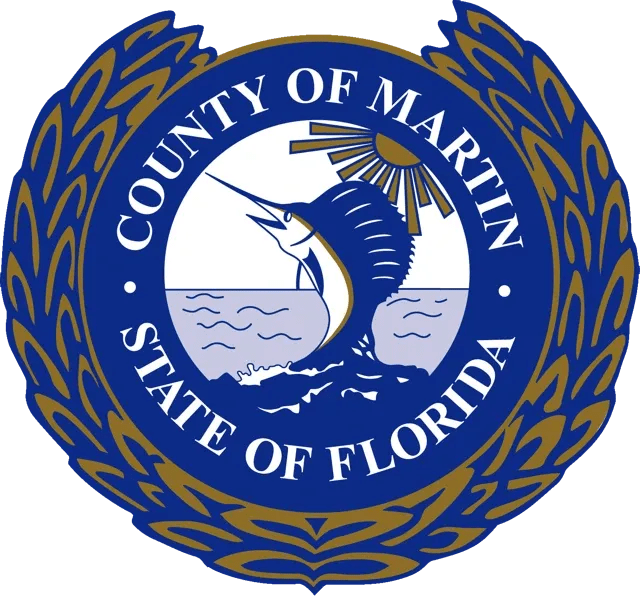Pour la commodité des utilisateurs, ce site Web du comté de Martin utilise le service de traduction gratuit de Google. En cliquant sur le bouton "J'accepte", vous acceptez que les pages de ce site Web soient converties dans des langues autres que l'anglais. Le comté de Martin s'est efforcé d'assurer l'exactitude de la traduction. Cependant, aucune traduction automatique ou informatique n'est parfaite. Par exemple, la traduction n'est pas sensible au contexte et ne peut pas entièrement traduire le texte dans son sens complet. En outre, vous pouvez trouver des différences associées aux dialectes ou aux préférences régionales. De plus, vous ne pouvez pas traduire des graphiques avec du texte, des fichiers PDF ou des applications spéciales sur ce site Web. Le comté de Martin n'est pas responsable de la traduction fournie par Google. La version originale de ce site Web est disponible en anglais. En cas de divergence entre la version anglaise de ce site Web et la version traduite, la version anglaise prévaudra. En cliquant sur "J'accepte", vous acceptez que toute divergence dans la traduction ne soit pas contraignante et n'ait aucun effet juridique. Martin County ne peut garantir l'exactitude du texte converti et n'assume aucune responsabilité pouvant découler de l'utilisation ou de l'utilisation de la traduction fournie par Google. En cliquant sur "J'accepte", vous acceptez de renoncer à toute perte pouvant être causée au comté de Martin en vous fiant à la traduction fournie par Google.
